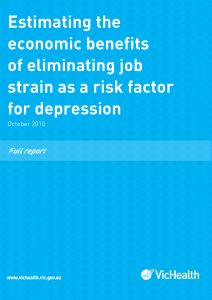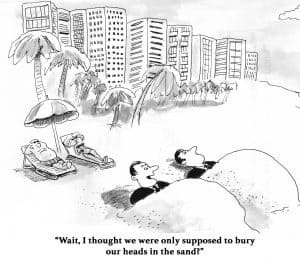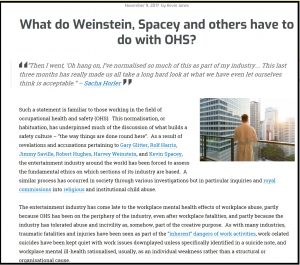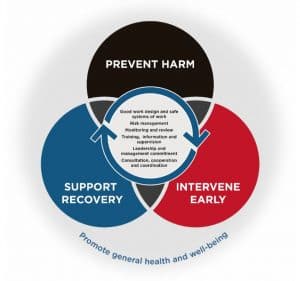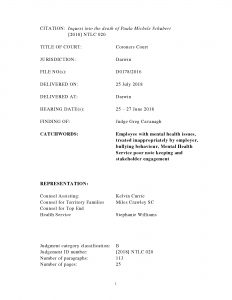 Some organisations struggle to understand the prevention of harm. In September 2018 the Chartered Institute of Personnel and Development (CIPD) released its “People Managers’ Guide to Mental Health“. The guide is intended to address
Some organisations struggle to understand the prevention of harm. In September 2018 the Chartered Institute of Personnel and Development (CIPD) released its “People Managers’ Guide to Mental Health“. The guide is intended to address
“…the whole lifecycle of employment, from recruitment, through keeping people well and managing a disability or ill health at work, to supporting people to return to work after a period of absence.” (page 3)
It includes the prevention of psychological harm but in words and phrases that are very unhelpful.

